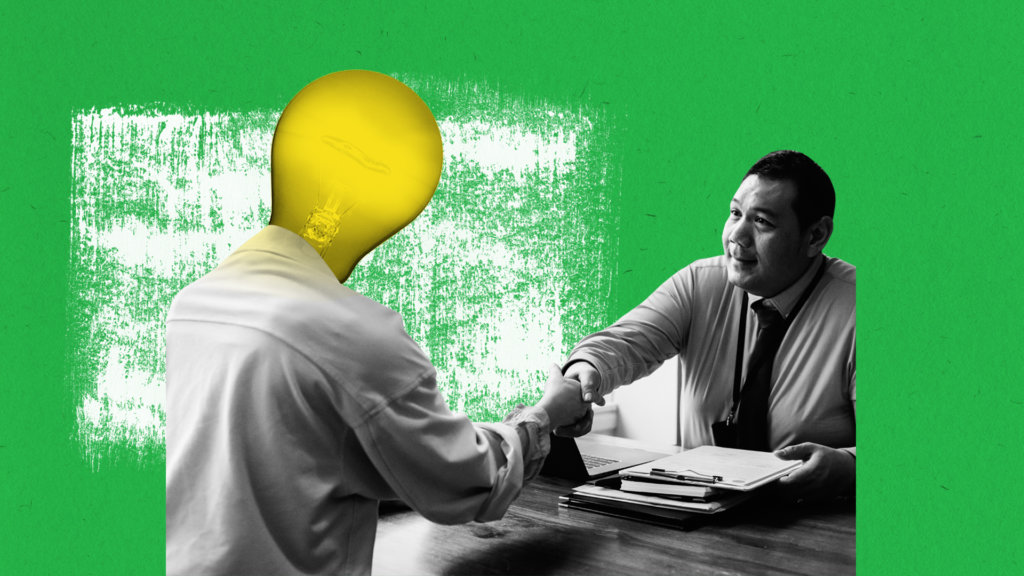Proof of Trust Discloses What Is Essential for the Validation of Smart Contracts

The use of smart contracts, which automates a democratized system of decision-making, is a common feature of every decentralized blockchain initiative. It is a necessary component of any decentralized system, including Defi, since it instills trust in the entire project, portraying it as a safe destination for investment.
Given the recent influx of new entries into the sector, as well as the corresponding number of departures, a blockchain project may require more than smart contracts to earn the trust of investors and stakeholders alike. So, what can be done that would make a difference?
One effective solution to the aforementioned is a patent. Unlike blockchain itself, which is an open-source technology that can’t always be patented, smart contracts create new written agreements suited to a specific project. As a result, patenting smart contracts is both ethical and practically essential for any blockchain project.
Proof of Trust is one of the very few in the industry that is seemingly aware and cautious of this fact, and as such does not neglect the role of patents as an integral part of the company’s end-to-end process.
The intellectual property of Proof of Trust is reported to number over 30 awarded patent claims, with all global patents issued by the United States Patent and Trademark Office, which should be sufficient in giving investors confidence in a project of any size.
In an exclusive interview with DailyCoin, Sakhib Waseem, CIO of Proof of Trust, discloses the essential role that patents play in the validation of smart contracts.
“The patents are for assurance and the validation of smart contracts, diagnostic of the programming language and the blockchain that it sits upon,”
Waseem noted.
As previously stated, smart contracts are used to automate a democratized system, and although this may not be sufficient to establish trust in the system, patenting serves as a validator for the overall protocol.
Waseem, fully aware that there are only a few companies that pay attention to patents, went on to make reference to the current state of the industry, and how it puts them in a “stronger position” when building a sustainable company.
“If we consider how the industry will expand, how it has evolved, and the relevance of smart contracts in this environment, being the primary executable layer for Defi, we are in a stronger position. It is as a result of this that we value our work so highly, and why we're working hard to build a sustainable firm with high ambitions,”
Waseem explained.
According to Waseem, obtaining patents isn’t enough; there is also the need to get approval from an internationally recognized authority, even if it takes a long time.
“Although it took a long time to secure such amazing patents like Proof of Trust’s, they’re globally granted, and more importantly, they are part of the World Patent Treaty, covering pretty much most of the globe,”
Waseem buttressed.
Patenting Helps to Stay Innovative
Patenting its solutions, according to Waseem, not only instills trust in the whole process but also allows the firm to stay innovative at all times.
Patents are only valid for a certain length of time in applicable areas, and after this period has elapsed, the product can be replicated. The same is applicable for Proof of Trust, and as such, there is a constant need to be innovative.
“The development of our application sometimes takes several years, and that doesn’t stop it from constantly evolving. Nevertheless, owing to our team of specialists, we're able to take all of our knowledge and insights and apply them to new products, continuously scanning the market and within ourselves for fresh ideas,”
Waseem stated.
Waseem also highlighted the need to continually modify its solutions in order to stay ahead of the competition, and how patents are of great help to this.
“Even though we've worked on Proof of Trust for a long time, it’s a never-ending cycle. As a result, we will continue to work on it, driving more intriguing innovations within the application as it grows with time. This way, it doesn’t remain as a singular product, but one that is constantly evolving to ensure that it stays market-leading in what it does, and, of course, with a patent that is regularly updated,”
Waseem said in conclusion.
On The Flipside
- Filing for a patent takes a long time and the procedure as well can be very rigorous. On average, it takes between 12 to 22 months to get a patent approved.
- Most patents are granted for a limited period, generally for about 20 years or even less, after which it is made open-source.
- Bigger trust also means greater responsibility, for any project, especially having to put in extra effort and time.
Why You Should Care?
There is an increasing rate of illicit activities carried out on the blockchain, and as such, it is of great importance to look out for other reasons to trust a project beyond incorporating smart contracts. In most cases, a patented project offers the reassurance that is needed to get involved.
EMAIL NEWSLETTER
Join to get the flipside of crypto
Upgrade your inbox and get our DailyCoin editors’ picks 1x a week delivered straight to your inbox.
[contact-form-7]
You can always unsubscribe with just 1 click.
Analytical, Blockchain, Interview, Proof of Trust, Smart ContractsRead More
OhNoCrypto
via https://www.ohnocrypto.com
, @KhareemSudlow

